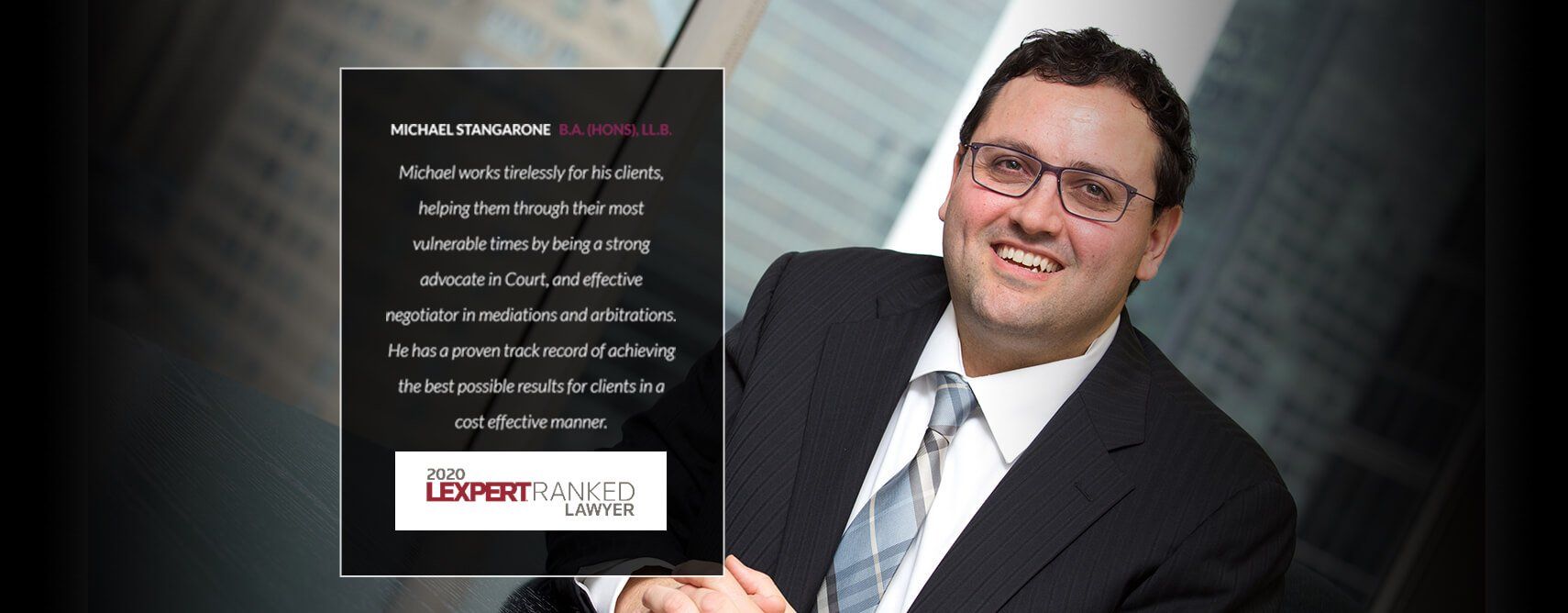Gary Joseph | Mar 2024
This article was originally published by Law360 (www.law360.ca), part of LexisNexis Canada Inc.
The recent case of China Yantia Friction v. Novalex Inc., 2024 ONSC 608, is must reading for all counsel who appear in our courts. Justice Charles Chang of the Superior Court of Justice heard this matter in person on Jan. 9, 2024 and released his decision on Jan. 26, 2024.
In this case the applicant sought recognition and enforcement of a commercial arbitral award. The respondent opposed the application arguing that it was unable to present its case at the arbitration and further argued that recognition or enforcement of the award would be contrary to public policy. You may now ask why this case is must reading for all counsel. The substantive issues raised in the case are of no concern to me, however, my focus relates to Justice Chang's admonishment of counsels for the applicant. Paragraphs 20 through 27 of the decision form my focus.
Justice Chang noted that during the hearing counsels for the applicant conducted themselves inappropriately. It was noted that "during opposing counsel submissions... among other things, eye-rolling, head shaking, grunting, snickering, guffawing and loud muttering" were observed from counsel's table. It was further noted that at one point one of the applicant's counsel leaned back in his chair, threw both hands in the air and proceeded to laugh"... in a gleeful moment of triumph."
Justice Chang noted that unfortunately "the behaviour engaged by counsel is neither new nor a rare phenomenon. Too often, counsel seemed to believe that enthusiastically attempting to disrupt and/or
demean the opposing counsel during the latter's oral submissions is one of the hallmarks of an effective advocate. It is not."
Justice Chang then brings his comments into clear focus for those not paying attention. "Counsel's submissions to the court are to be made in only two ways: written argument or oral argument. No proper submissions are made by way of emanations from counsel (be they oral, non-verbal, audible or inaudible) when another justice participant is speaking."
The rest of the endorsement continues with most helpful comments with respect to court etiquette concludes noting that "it has long been a tradition in requirement of etiquette in our courts that counsel refer their counterpart as their 'friend.' While most counsel use this appellation, painfully few appear to understand that the fundamental intention underlying its use is to remind counsel of their duty to treat opposing counsel with professionalism, courtesy, respect and civility. All counsel would be well advised to always keep this top of mind, lest the already threadbare state of professionalism and civility between them deteriorate into the irredeemable."
It is here once again, that I urge the readers to note, do as I say not as 1 do. After reading the decision I immediately racked my brain in wonderment as to whether I have ever been guilty of the conduct noted. Sadly, I believe that (historically only) it is a real possibility. I welcome this much-needed reminder to all counsel of the extreme importance of courtesy, respect and civility in our court process. I must often remind myself, even in the most heated family law dispute, the dispute is among the clients, not counsel. I am reminded by many of my friends and colleagues who have been appointed to the bench that the court fully expects and most appropriately demands civility in the court system. If we as lawyers wish the public to respect what we do the admonishments of Justice Chang must remain central to our representation of our clients.
Gary S. Joseph is counsel to the firm of MacDonald & Partners LLP. A certified specialist in family law, he has been reported in over 350 family law decisions at all court levels in Ontario and Alberta. He has also appeared as counsel in the Supreme Court of Canada. He is a past family law instructor for the Law Society Bar Admission Course and the winner of the 2021 OBA Award for Excellence in Family Law.
The opinions expressed are those of the authors) and do not necessarily reflect the views of the author's firm, its clients, LexisNexis Canada, Law360 Canada, or any of its or their respective affiliates. This article is for general information purposes and is not intended to be and should not be taken as legal advice.
Press the button below to read the PDF version, or directly on Law360.




